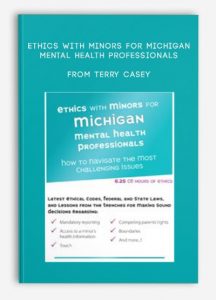 Ethics with Minors for Michigan Mental Health Professionals from Terry Casey
Ethics with Minors for Michigan Mental Health Professionals from Terry Casey
More information about Medical:
Medicine is the science and practice of establishing the diagnosis, prognosis, treatment, and prevention of disease.
Medicine encompasses a variety of health care practices evolved to maintain and restore health by the prevention and treatment of illness.
Contemporary medicine applies biomedical sciences, biomedical research, genetics, and medical technology to diagnose, treat, and prevent injury and disease,
typically through pharmaceuticals or surgery, but also through therapies as diverse as psychotherapy, external splints and traction, medical devices, biologics, and ionizing radiation, amongst others.
Medicine has been around for thousands of years, during most of which it was an art (an area of skill and knowledge) frequently having connections to the religious and
philosophical beliefs of local culture. For example, a medicine man would apply herbs and say prayers for healing, or an ancient philosopher and physician would apply bloodletting according to the theories of humorism.
In recent centuries, since the advent of modern science, most medicine has become a combination of art and science (both basic and applied, under the umbrella of medical science).
While stitching technique for sutures is an art learned through practice, the knowledge of what happens at the cellular and molecular level in the tissues being stitched arises through science.
Outline:
WHY WORKING WITH MINORS IS DIFFERENT
- Vulnerability and power differentials
- Federal and state laws outlining legal responsibilities
- Issues involved with older adolescents
CONSENT RULES AND ISSUES INVOLVING MINORS
- Consent vs. assent Who can provide consent?
- Parental rights and consent rules
- Special rules for older adolescents
- Informed consent process
WHEN A MINOR IS (AND IS NOT) A CLIENT
- When does an individual become a client?
- Personal representatives
- Ethical vs. legal considerations
CONFIDENTIALITY STANDARDS AND LIMITS WITH MINORS
- Limits of confidentiality
- Communications with minors and parents
- Progressive scenarios technique
- Parental agreements
PARENTAL RIGHTS…AND WRONGS
- Default rights
- Special situations
- Exceptions
CONTROL OF MINORS’ RECORDS
- Health care vs. educational records
- HIPAA vs. FERPA
- Who has access?
- Responding to requests for records
- Clinical records and psychotherapy notes
CAUGHT IN THE MIDDLE OF DIVORCED PARENTS
- Informed consent process
- Parenting plans
- Other legal considerations
- Case example
MANDATORY REPORTING: THE “WHAT”, “WHEN” AND “TO WHOM”
- Mandatory reporting laws
- Federal definition of child abuse
- State laws
- Ethical considerations
- Case example
BOUNDARY ISSUES WITH MINORS
- Social media policies
- Multiple relationships
- Power differentials
- Virtual relationships
- Texting and messaging
- Case examples
PHYSICAL TOUCH
- When it is appropriate, and when it is not
- Informed consent
- Organizational policies
- Case example
Description:
Those of us who treat minors and their families experience a flood of emotions. There is confusion over changing ethical codes and laws, fear that the actions that we take will lead to long-term developmental damage, and anxiety that at any moment we might unintentionally cross a line that could jeopardize our professional license and put us in legal peril. In this environment, we can find ourselves impaired in our ability to function as professionals and help our clients. We’re left with more questions than answers to the question, “What Should I do”?
Combining a step-by-step guide to an effective decision-making model, the most updated ethical codes and legal statutes, and lessons from 30 years in the trenches as a clinician and ethics professor, Terry Casey, PhD, HSP will give you a solid foundation for knowing exactly what to do in situations with minors and their families. You will have much more confidence about the course of action you take involving mandatory reporting, access to minors’ records, parental rights, boundary issues, touch, and others.
Get the peace of mind that you are ethically serving the needs of your most vulnerable clients.


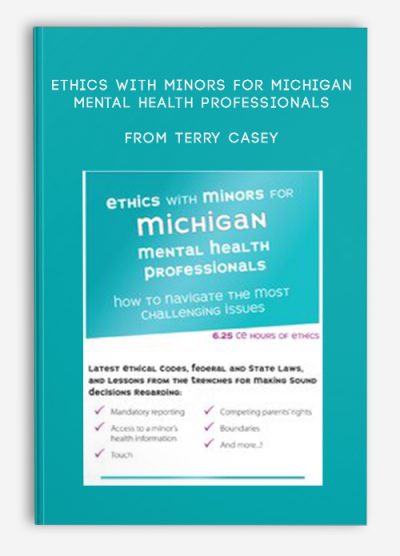

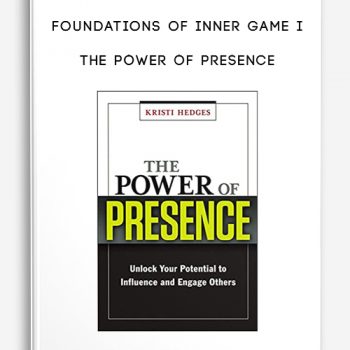



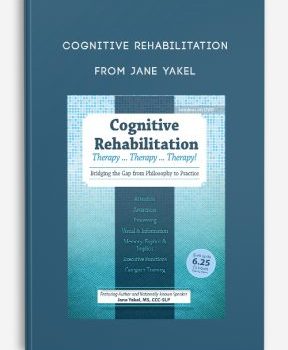


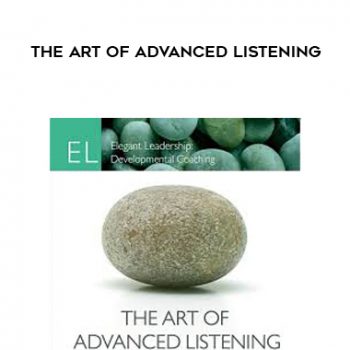

tristian –
This is Digital Download service, the course is available at Coursecui.com and Email download delivery.